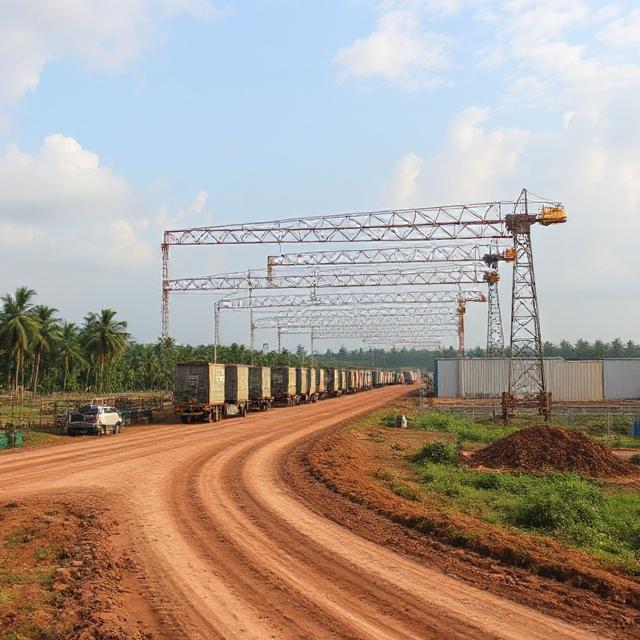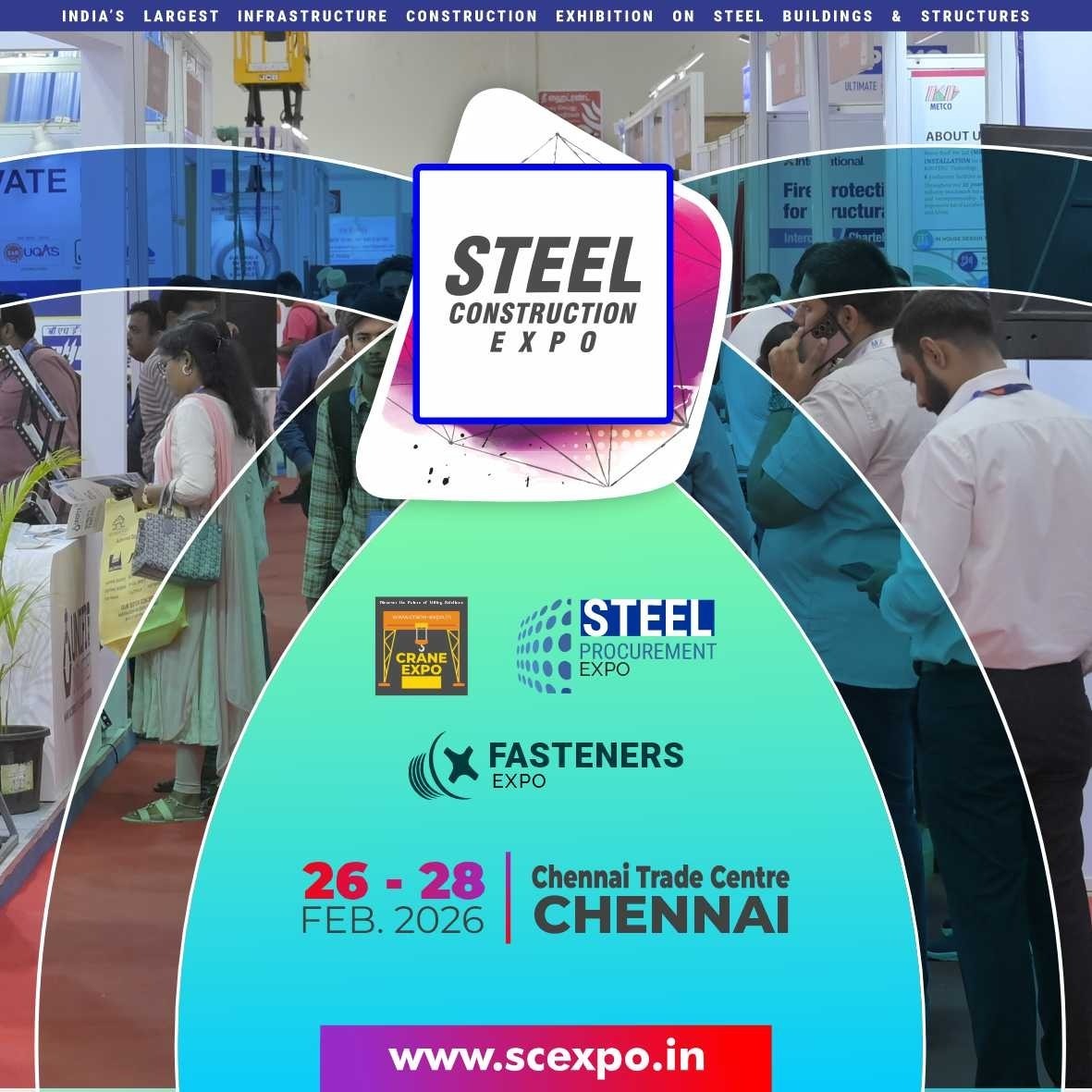Kerala has welcomed a major boost to its infrastructure with the inauguration of a new ₹600 crore logistics park at Kalamassery. The project, launched by the state’s Chief minister, spans 70 acres and is set to serve multiple sectors including e-commerce, fast-moving consumer goods, automotive, and pharmaceuticals. The park is expected to enhance supply chain efficiencies while providing significant capacity for warehousing and distribution in the region.
Although steel is not explicitly mentioned in the announcement, projects of this scale typically rely heavily on steel-intensive construction. Warehousing facilities and large-scale logistics hubs are usually built using pre-engineered steel buildings (PEBs), which provide the flexibility, speed, and durability required for such developments. Structural steel forms the backbone of these facilities, supporting expansive sheds, frameworks, and handling equipment essential for operations.
For the steel sector, the logistics park represents an important opportunity. The sheer size of the project suggests a substantial requirement for structural steel and related products during the construction phase. Beyond the build itself, the facility’s role in driving growth across e-commerce, FMCG, automotive, and pharmaceutical industries will also create indirect demand for steel-based solutions such as storage racks, reinforcements, and transport infrastructure.
In addition, the establishment of 70 acres of warehousing and logistics capacity strengthens Kerala’s regional infrastructure and could act as a catalyst for further industrial expansion. Such developments often create a multiplier effect, stimulating downstream demand for steel products in adjacent supply chains and manufacturing clusters.
The Adani Logistics Park in Kalamassery thus not only strengthens Kerala’s position in India’s logistics network but also signals a positive boost for the steel industry, which remains a critical enabler of modern infrastructure projects.




